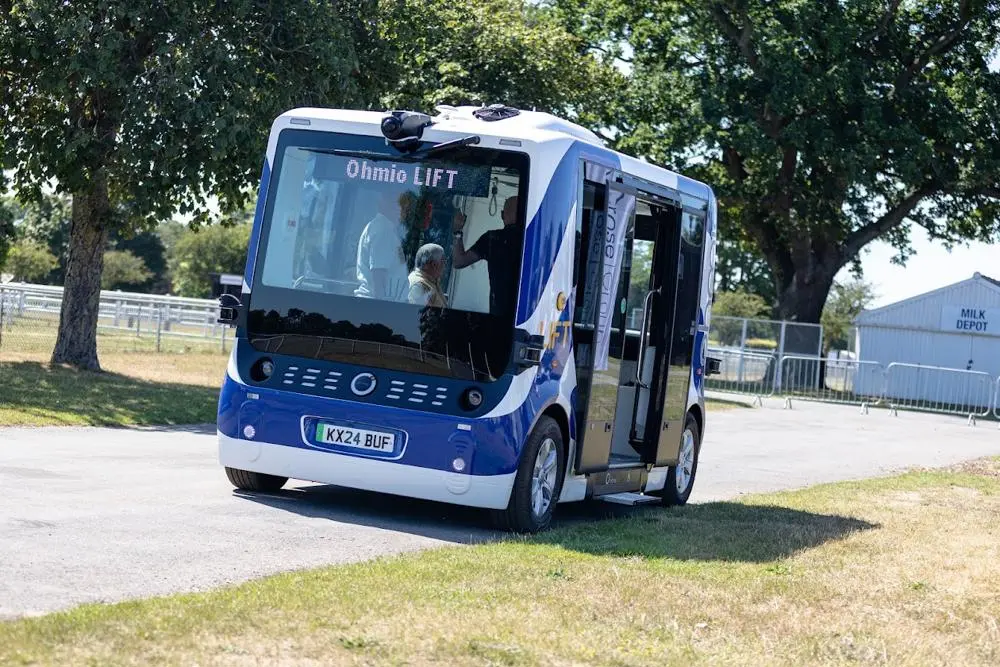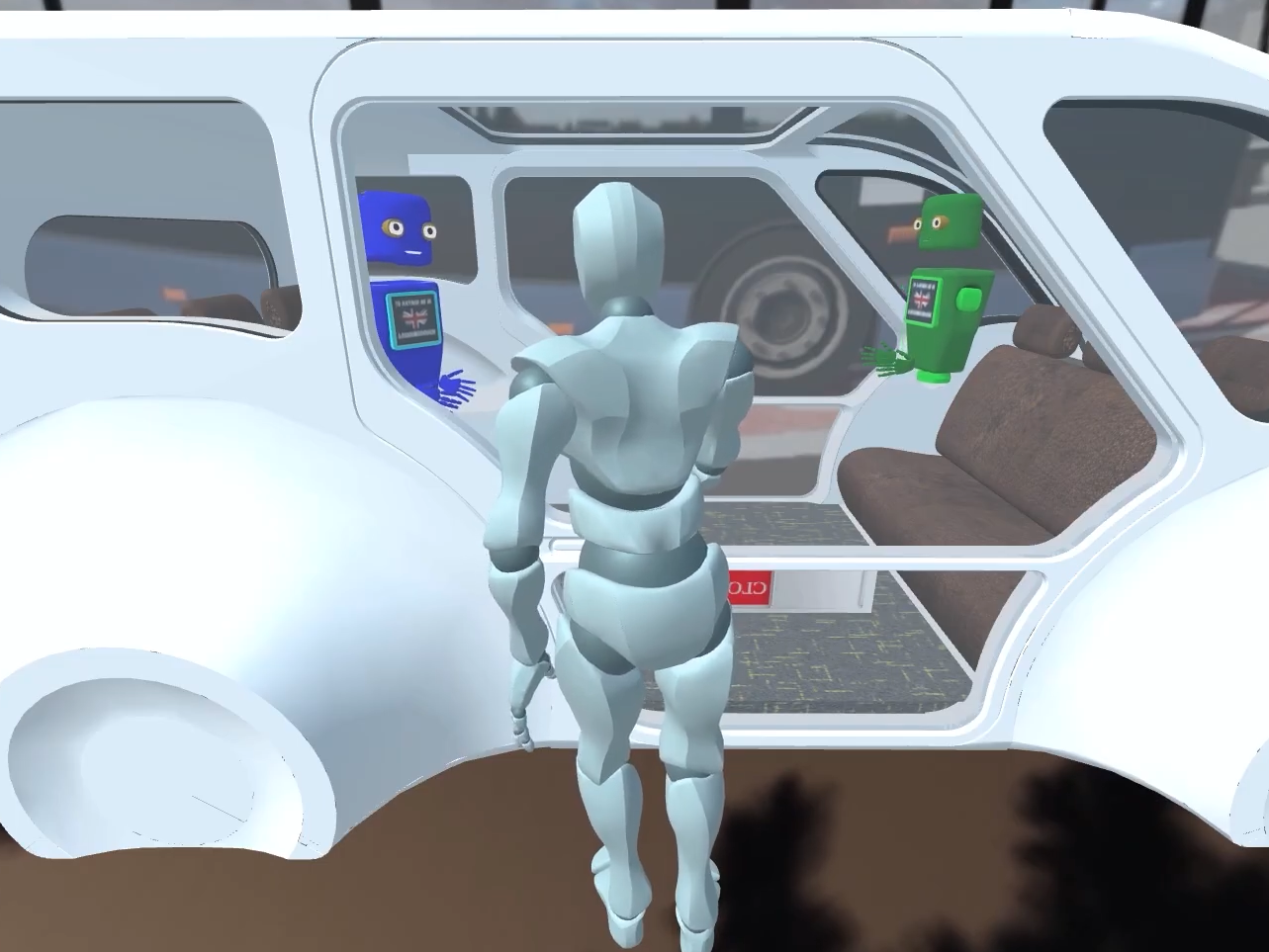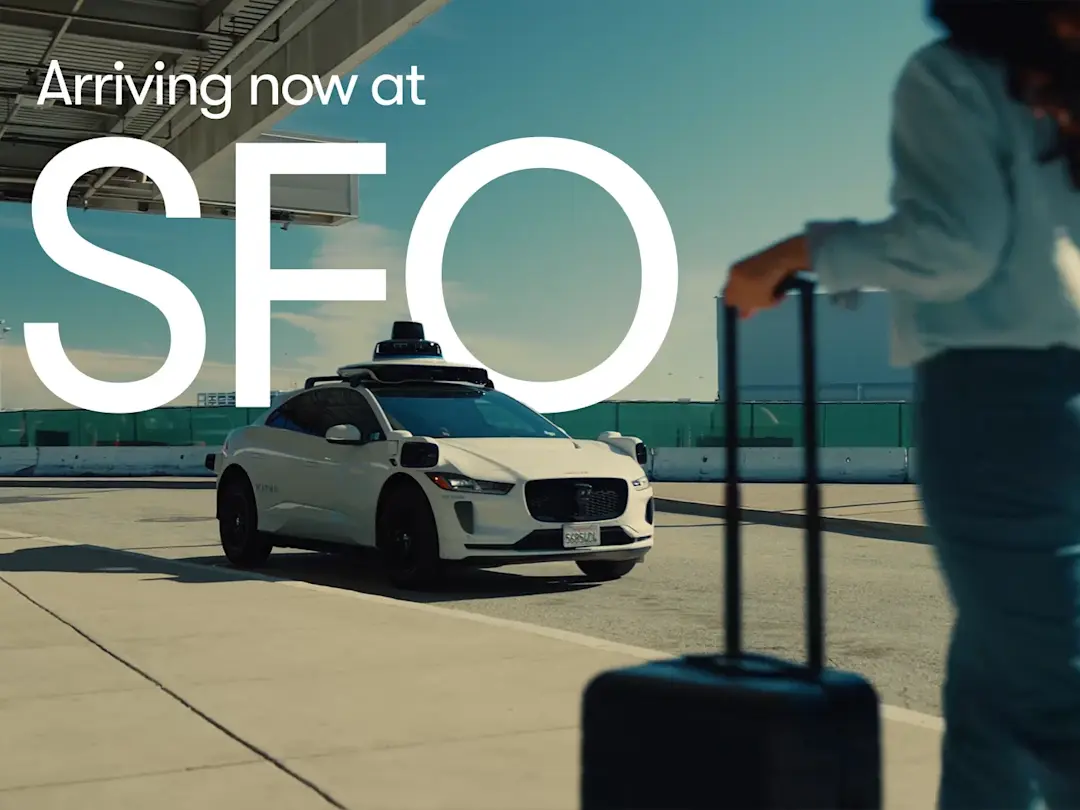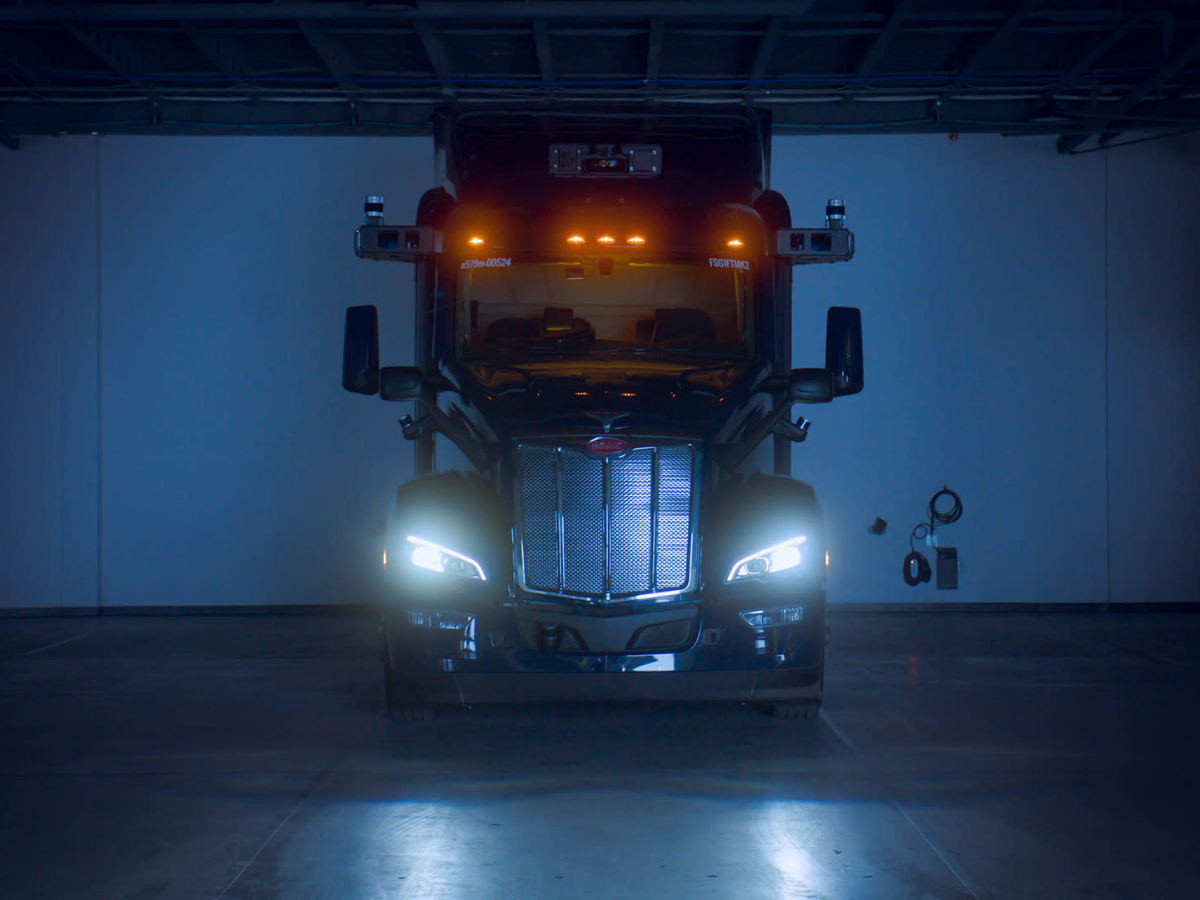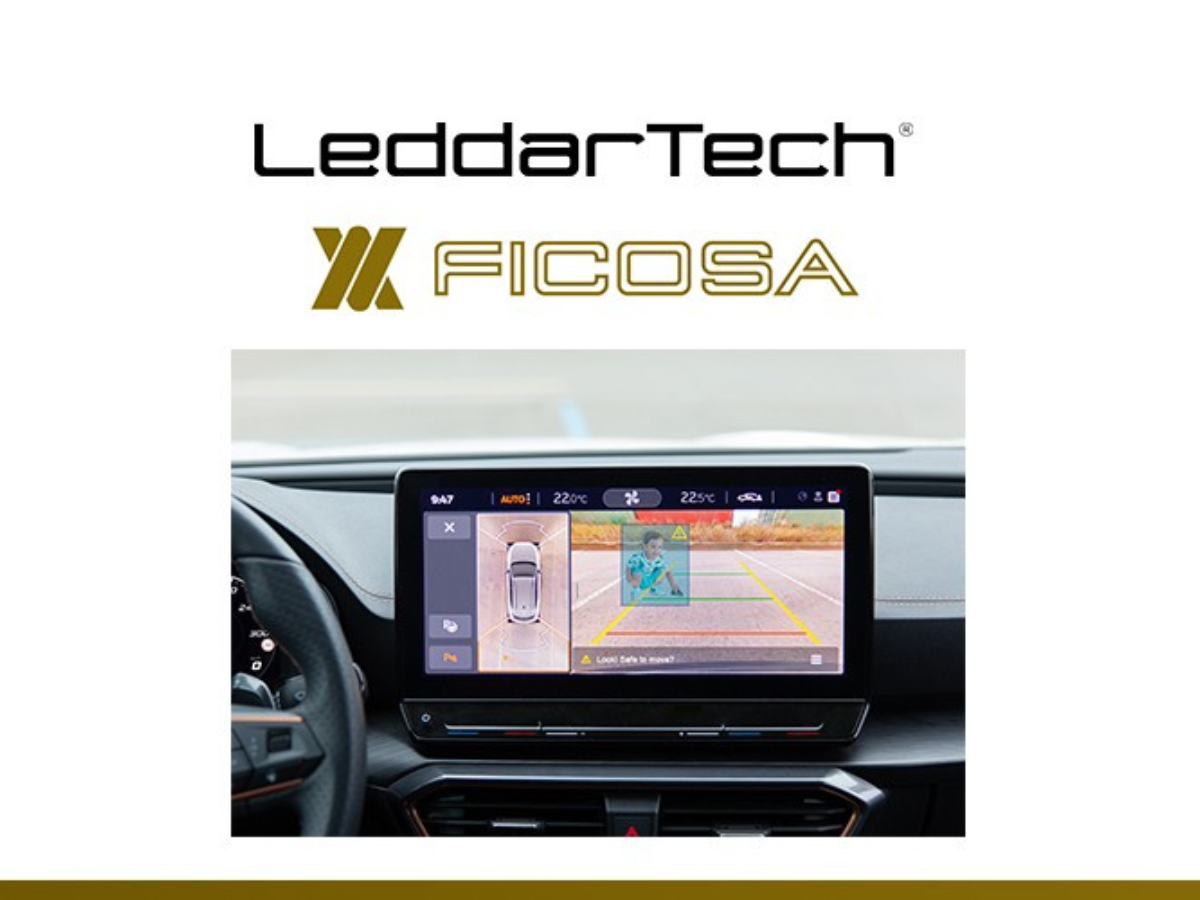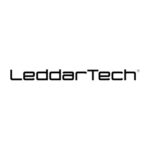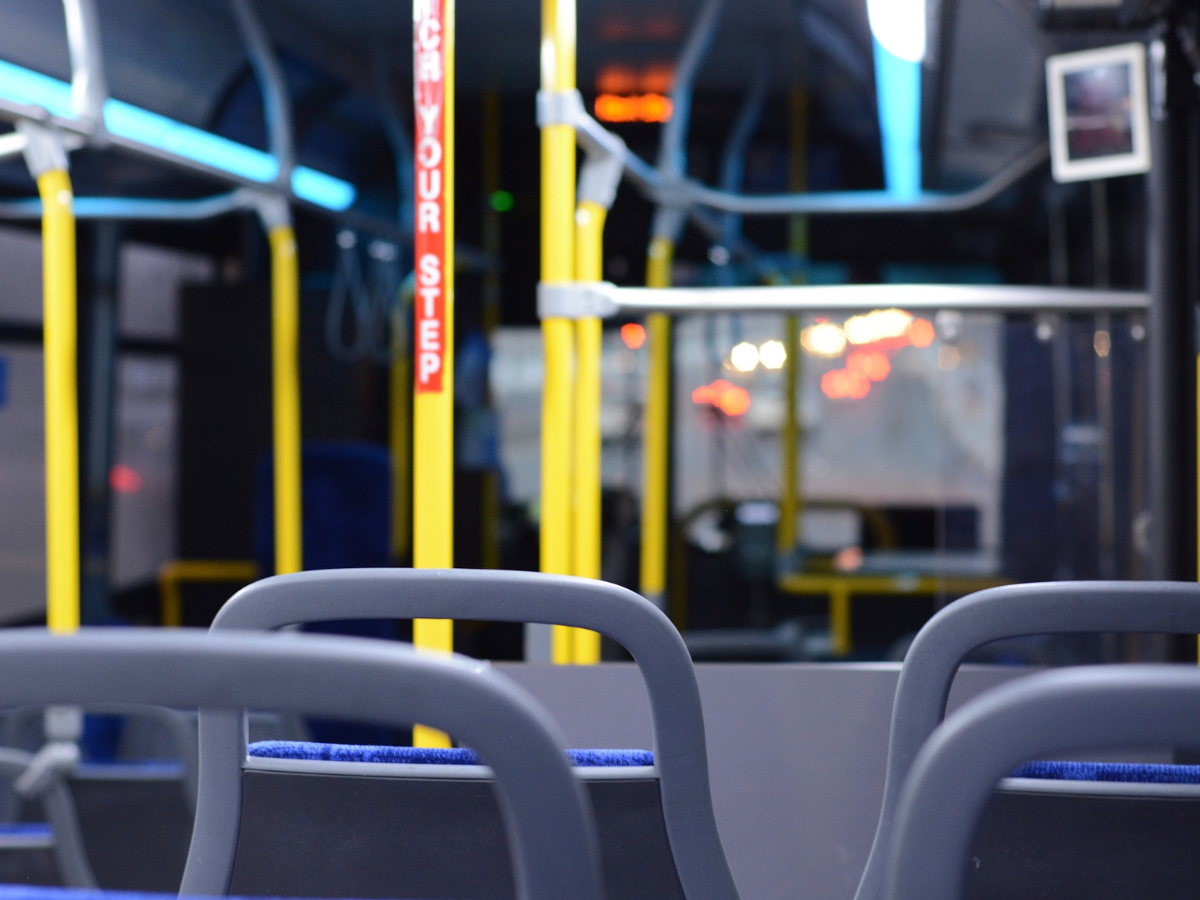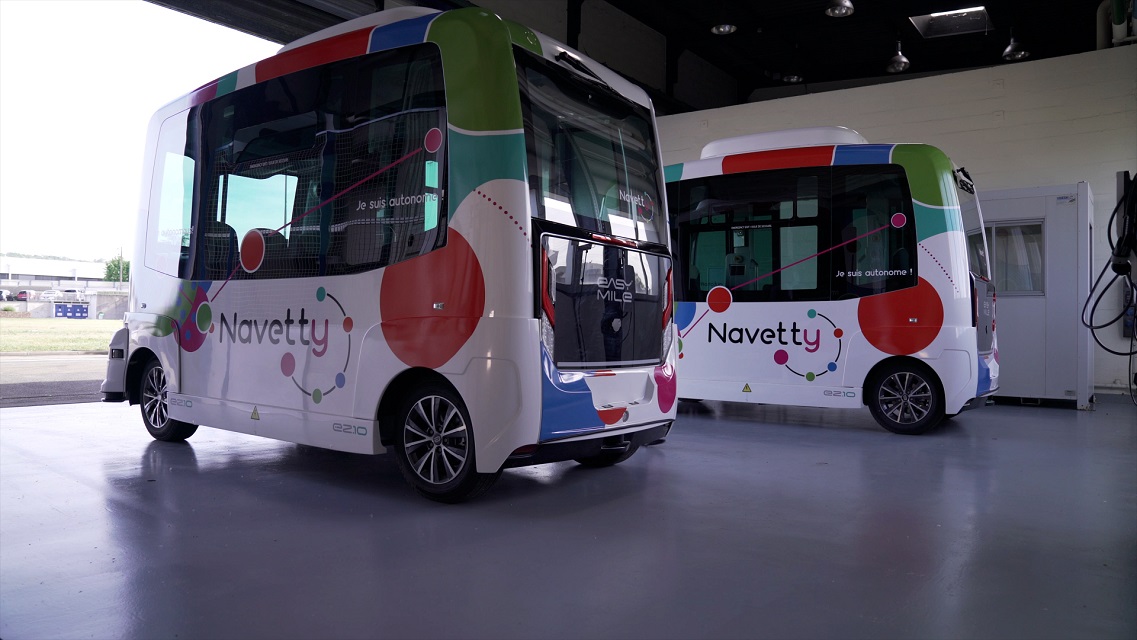Germany’s Federal Transport Minister, Dr. Volker Wissing, and Hamburg’s Transport Senator, Dr. Anjes Tjarks have announced plans to establish Hamburg as a ‘Metropolitan Mobility Model Region’ in which up to 10,000 autonomous vehicles are to operate by 2030.
By digitalising traffic, the decision-makers believe they can control and prevent traffic jams. In addition, they anticipate that driverless trains will help improve capacity and overcome staffing problems, while autonomous trucks will improve safety when transporting freight around the clock.
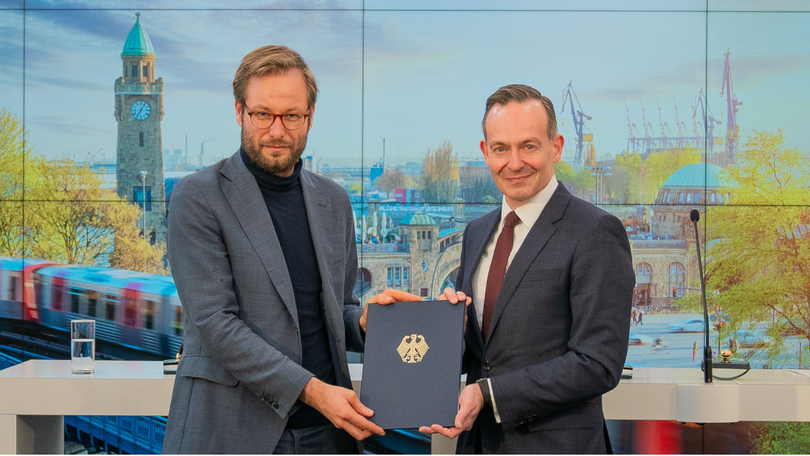
Volker Wissing said:In view of increasing traffic, we need new technologies more than ever to manage mobility intelligently and use the existing infrastructure efficiently. Digitisation is the key to more mobility for people and goods and at the same time offers opportunities to achieve our climate goals. In Hamburg there is a climate that is keen to experiment with new forms of mobility. We want to build on this and derive solutions for other regions and cities.
This project aims to develop a new, digitised and networked urban mobility system. In establishing a ‘Metropolitan Mobility Model Region’, the first initiatives will focus on autonomous driving and digital rail.
The goal of the project is to put up to 10,000 autonomous vehicles on to Hamburg’s streets by 2030 that are to provide on-demand transport services.
In addition, the Hamburg S-Bahn will be fully autonomous by this date to enable more services to run.
dr Anjes Tjarks said:We rely on digitisation to provide the people of the city and the metropolitan region with a modern, sustainable and efficient mobility offer. It is very important to me that digitisation should make life and, in this case, people's mobility easier and more comfortable. This then has a very concrete effect on future-oriented projects such as autonomous driving, with which we can significantly increase the fleet of on-demand vehicles, and the digital rail S-Bahn - which will enable us to use the existing infrastructure clock frequency and to significantly improve the offer in Hamburg's rapid transit network.



